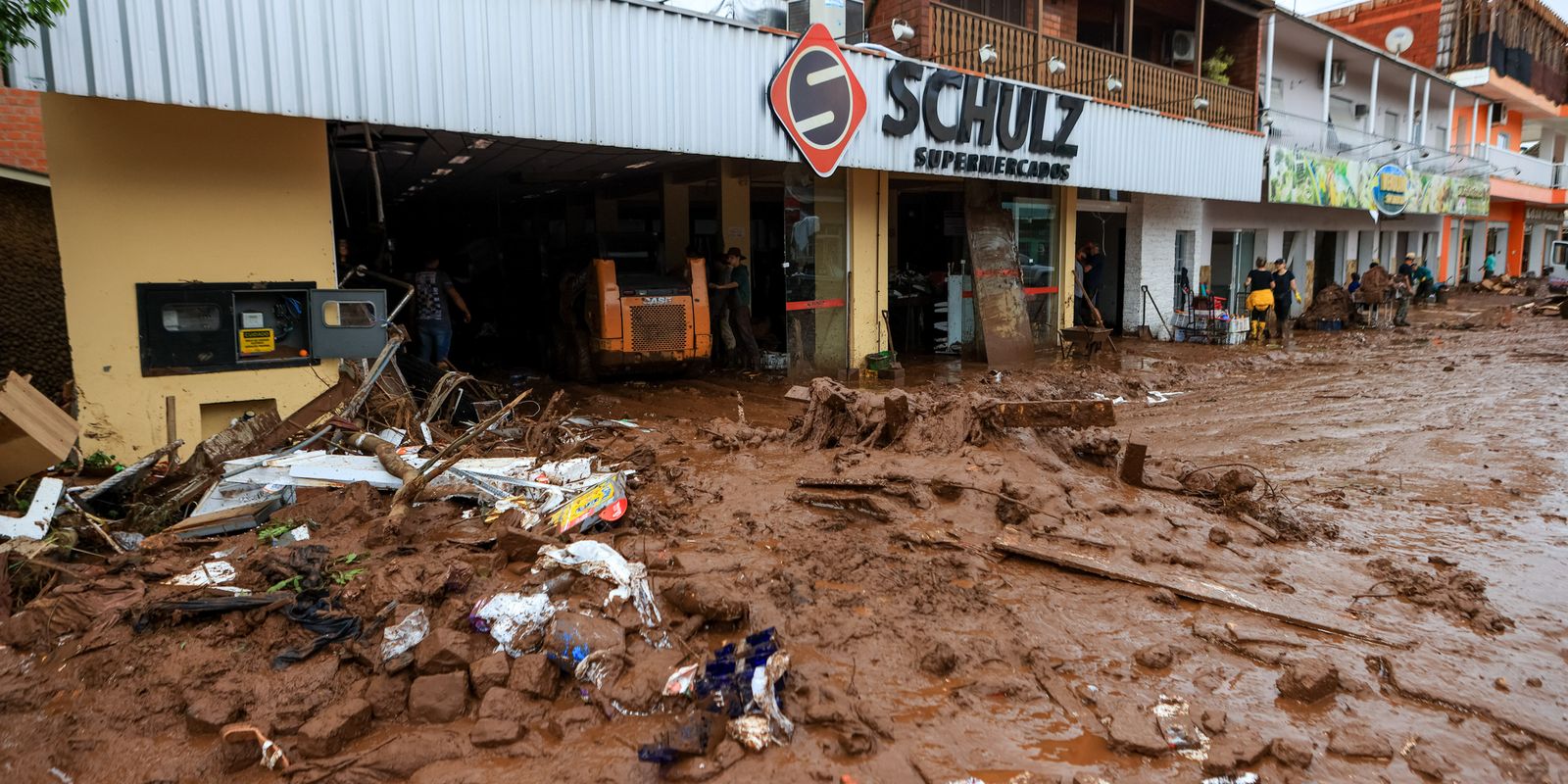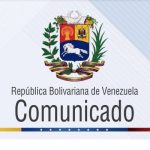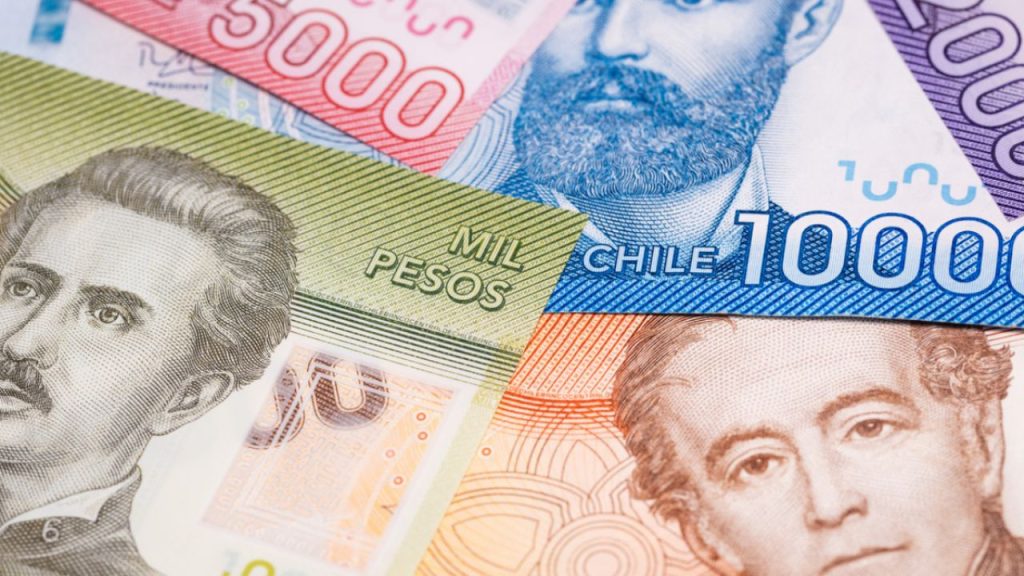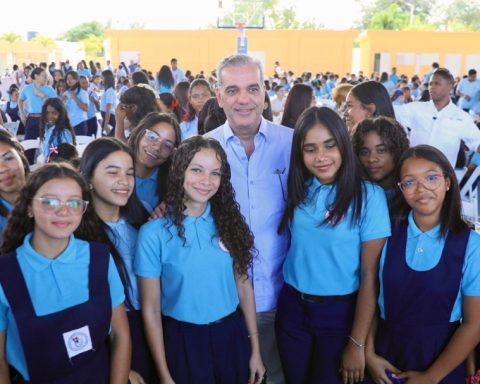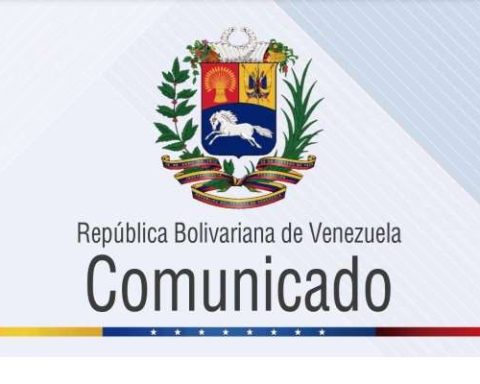The National Bank for Economic and Social Development (BNDES) has approved approximately one third of the R$15 billion from the Social Fund that was made available by the BNDES Emergency Program for Rio Grande do Sul. The balance was released this Thursday (8) by the bank. In total, R$4.8 billion had been approved by August 5, in more than 2,680 operations. More than 80% of the approved resources went to small and medium-sized companies.
The BNDES Emergency Program for Rio Grande do Sul serves companies and entrepreneurs in areas affected by extreme weather events, provided they have suffered material losses resulting from the tragedy. The Social Fund was created in 2010, with resources coming from the exploration and production of oil and natural gas in pre-salt areas.
According to BNDES, the R$15 billion from the Social Fund is divided into two budgets: R$7.85 billion for direct support to companies with revenues exceeding R$300 million and R$7.159 billion for indirect support, through the partner network of private and public banks, credit unions and other financial agents operating in the state.
According to the BNDES, most of the budget earmarked for indirect financing has already been used. Of the R$7.1 billion for micro, small and medium-sized companies, around R$4.3 billion has been used, or more than 60% of the budget, with the largest beneficiary being the trade and services sector.
Regarding direct operations, the bank has also approved several operations in the infrastructure sector in recent weeks to stimulate the recovery and reconstruction of the state in the energy and transportation sectors, via highways and airports. According to BNDES, these operations are more complex and require more detailed analysis by BNDES, both due to the significant volume of resources and the impact they generate on the economy.
According to the report, most of the program’s resources are earmarked for the Working Capital credit line. Approximately R$4.1 billion in emergency credit was approved to meet the immediate liquidity needs of companies in Rio Grande do Sul. According to the BNDES, these resources enabled companies to pay salaries, buy supplies, pay off suppliers and maintain jobs. R$623 million was approved for the Machinery and Equipment credit line. Over R$86.5 million was approved for the Investment and Reconstruction line.
Adding the R$4.8 billion authorized under the BNDES Emergency Program for Rio Grande do Sul with R$1.6 billion in payment suspension and R$2.1 billion in credit through the Emergency Credit Access Program (FGI PEAC), the BNDES mobilized a total of R$8.5 billion for companies in Rio Grande do Sul affected by the climate tragedy.
